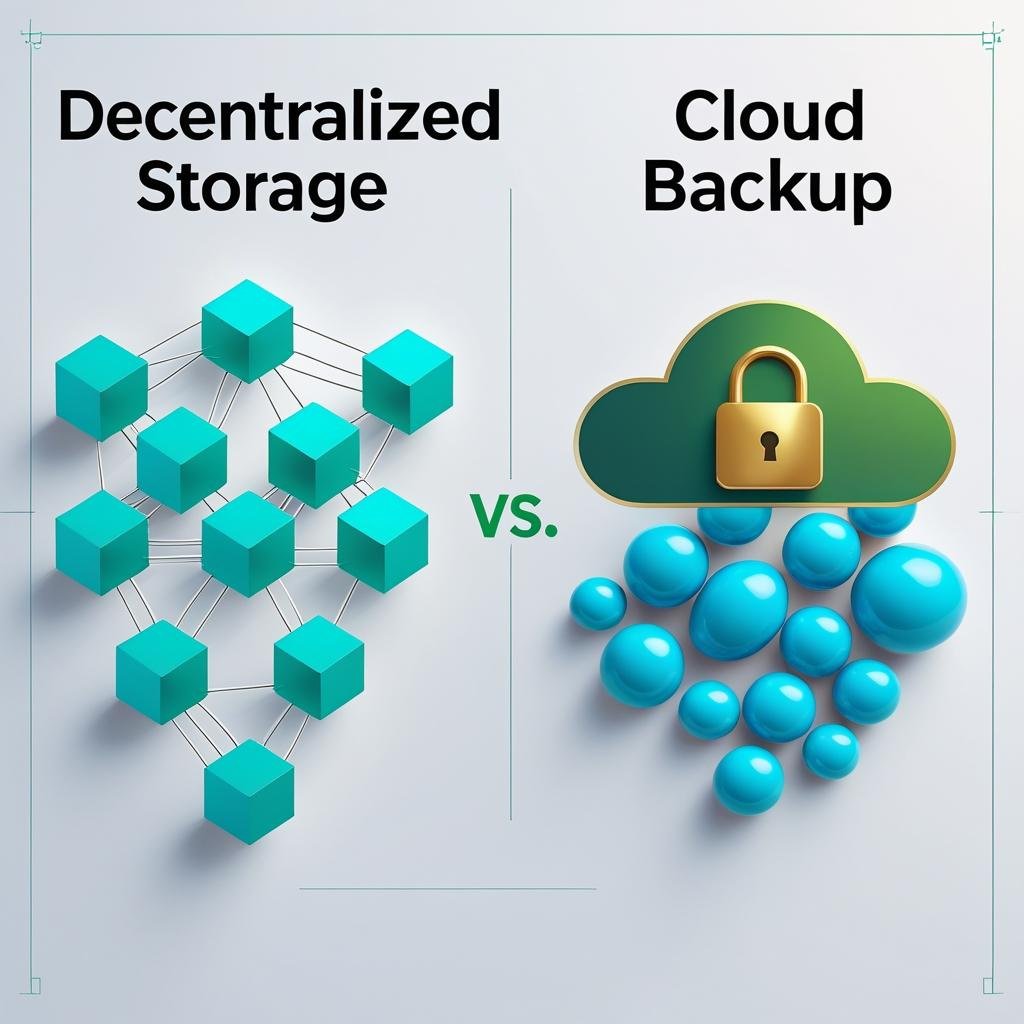Password Managers with Zero‑Knowledge Encryption are changing how we protect sensitive data, ensuring only you can access your passwords. At Spread Safe, we value your privacy and believe these tools are essential for personal and professional security. By using them, you eliminate the risk of service providers seeing your information, giving you full control and peace of mind.
In today’s digital world, managing dozens of passwords is both difficult and dangerous. Password Managers with Zero‑Knowledge Encryption simplify this challenge by storing all credentials securely on your device, encrypted so deeply that even the provider can’t decrypt them. This article explains how they work, why they matter, and helps you choose the right one.
What Are Password Managers with Zero‑Knowledge Encryption?
A password manager is a tool that stores login credentials in a secure vault. When paired with zero-knowledge encryption, the vault is encrypted and decrypted only on your device using your master password. This means the provider never has access to your unencrypted data. If the provider is breached, your passwords remain safe — unreadable and untouchable by anyone but you.
This approach contrasts with traditional encryption where the provider may hold the keys. Zero-knowledge means total data privacy, giving you confidence that no third party can view your credentials.
Why Zero‑Knowledge Encryption Matters
1. Ultimate Privacy Protection
Even if a server is compromised, your passwords stay encrypted. Without the master password, they are useless to hackers.
2. Prevents Insider Threats
Employees at the provider cannot access your data. Your vault is encrypted before ever leaving your device.
3. Greater Legal Shield
Zero-knowledge encryption can help thwart legal requests or warrants, as the provider cannot reveal data they can’t decrypt.
Core Features to Look For
When choosing a Password Manager with Zero‑Knowledge Encryption, consider these features:
Strong Encryption Standards: AES-256 or similar top-tier encryption.
Multi-Factor Authentication (MFA): Adds a secondary authentication layer.
Autofill & Auto-save: Eases logging in and new account creation.
Cross-Platform Compatibility: Supports Windows, macOS, Linux, Android, iOS, and browser extensions.
Password Generator: Creates unique, complex passwords to reduce reuse.
Popular Options with Zero‑Knowledge Encryption
1. Bitwarden
Offers open-source transparency, AES-256 encryption, and optional self-hosting. Free tier is generous, and premium plans enable advanced features.
2. 1Password
Renowned for user-friendliness, travel mode, and robust encryption. Offers family and business plans with secure sharing options.
3. Keeper
Features encrypted vaults, secure file storage, and a privacy guardian. Breach monitoring and dark web scanning are added benefits.
4. Dashlane
Includes health monitoring through dark web checks and a VPN. Upholds zero-knowledge encryption with AES-256 and MFA support.
How to Set Up a Password Manager with Zero‑Knowledge Encryption
Choose Your App: Research providers like Bitwarden or 1Password.
Install on Devices: Add the desktop app, mobile app, and browser extension.
Create a Strong Master Password: Use a lengthy, unique phrase only you know.
Enable MFA: Add another security layer using an authenticator app or device.
Import or Add Credentials: Upload existing passwords or save new ones directly from your browser.
Organize Vault: Create folders or tags for work, personal, financial, and entertainment accounts.
Use Password Generator: Replace weak or reused passwords with strong, unique versions.
Benefits of Using These Tools
Time Savings: Autofill and password generation save time.
Improved Security: Strong, unique passwords everywhere reduce breach risk.
Central Management: One master password controls access to all accounts.
Cross-Device Sync: Securely access credentials on desktop and mobile.
Audit & Share Securely: Manage access for teams or family securely.
Best Practices to Maximize Security
- Never reuse passwords across important accounts.
- Change master password if breached by service or device.
- Keep software updated on all devices for security patches.
- Use biometric unlocking on mobile for extra convenience and security.
- Regularly review logs for unknown access or devices.
Frequently Asked Questions
Q1. Why choose zero‑knowledge over normal encryption?
A: Zero-knowledge ensures only you can decrypt your data. Without your master password, even the provider cannot access your information.
Q2. Can I self-host a zero‑knowledge password manager?
A: Yes. Bitwarden offers a self-hosted option so you control the server and vault entirely.
Q3. What happens if I forget my master password?
A: Most providers cannot reset it due to zero-knowledge encryption. You may lose access unless you’ve saved a recovery key or enabled vault recovery where available.
Q4. Are password managers vulnerable to phishing?
A: Phishing still works if you unintentionally enter credentials into a fake site. Ensure autofill is only enabled for verified domains, and check site URLs carefully.
Q5. Can I use zero‑knowledge managers in teams?
A: Absolutely. Providers like 1Password and Keeper offer secure vault sharing; encrypted data stays protected even during collaboration.
Conclusion
Password Managers with Zero‑Knowledge Encryption completely redefine digital security by ensuring nobody else can read your sensitive credentials. At Spread Safe, we recommend making them a core part of your cybersecurity routine. With strong encryption, accessible features, and full control over your data, these tools balance convenience and protection. Integrating one into your daily online life secures your accounts and simplifies password management across all platforms.




